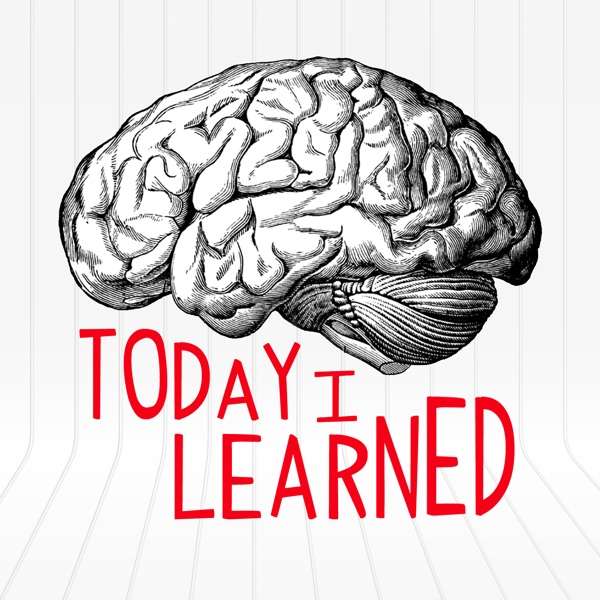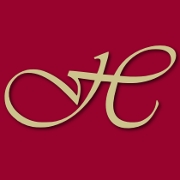Complete version of “The Star-Spangled Banner” showing spelling and punctuation
O say can you see, by the dawn’s early light,
What so proudly we hail’d at the twilight’s last gleaming,
Whose broad stripes and bright stars through the perilous fight
O’er the ramparts we watch’d were so gallantly streaming?
And the rocket’s red glare, the bomb bursting in air,
Gave proof through the night that our flag was still there,
O say does that star-spangled banner yet wave
O’er the land of the free and the home of the brave?On the shore dimly seen through the mists of the deep
Where the foe’s haughty host in dread silence reposes,
What is that which the breeze, o’er the towering steep,
As it fitfully blows, half conceals, half discloses?
Now it catches the gleam of the morning’s first beam,
In full glory reflected now shines in the stream,
'Tis the star-spangled banner - O long may it wave
O’er the land of the free and the home of the brave!And where is that band who so vauntingly swore,
That the havoc of war and the battle’s confusion
A home and a Country should leave us no more?
Their blood has wash’d out their foul footstep’s pollution.
No refuge could save the hireling and slave
From the terror of flight or the gloom of the grave,
And the star-spangled banner in triumph doth wave
O’er the land of the free and the home of the brave.O thus be it ever when freemen shall stand
Between their lov’d home and the war’s desolation!
Blest with vict’ry and peace may the heav’n rescued land
Praise the power that hath made and preserv’d us a nation!
Then conquer we must, when our cause it is just,
And this be our motto - “In God is our trust,”
And the star-spangled banner in triumph shall wave
O’er the land of the free and the home of the brave.Growing up Mormon (I got better!), all four verses (or maybe just 1, 2, and 4 for some reason) were in the hymnal.
(or maybe just 1, 2, and 4 for some reason)
That would be because the third stanza is
A.) not very nice
B.) either partially or totally about the US slaves that fought and died on the side of the british.
It’s been argued that the phrase “hirelings and slaves” was in use at the time to describe any soldiers fighting under the king (especially those borrowed from other countries), which is true. All the same, Francis Scott Key was a Maryland slave owner whose unit was very thoroughly humiliated in battle by the Colonial Marines, which was composed of runaway slaves.
I imagine the defeat didn’t do a whole bunch for his lifelong frothing anti-abolitionist views. While it could be and probably really IS a bit of both, I’m erring on the side of the jab in this stanza being at least partly a spiteful personal grievance.
When the US entered WWI as allies to the british, the 3rd stanza was dropped in order to make friends with them and the majority of people aren’t even aware that it exists.
Ahh, yes, that makes sense that it would have been the country sort of discretely shoving the dirty laundry into the closet when company is coming over. Then, once LDS leadership threw in with being “properly” American around the turn of the 20th century, they went HAM on the baseball and apple pie.
Also, I agree that if American slave holders talk about slaves, they probably mean slaves. Antebellum southerners tended not to be shy or subtle. At an absolute minimum the term would have evoked Key’s own attitudes about the slaves he knew.
And here I always thought the 2nd verse started “O Canada! Our home and native land! True patriot love in all of us command.” Too many hockey games?
Just a heads up… it’s The Star-Spangled Banner, properly. And yeah. I will never learn anything past the first verse, although I’ve had to sing it long ago while in show choir.
It’s actually based on accounts of a prolonged British attack on one of our forts and I’m getting chills just thinking about the video I saw on it last year. Will post if I can find it again, it’s good stuff.
Edit - yes… here you go https://youtu.be/YaxGNQE5ZLA






